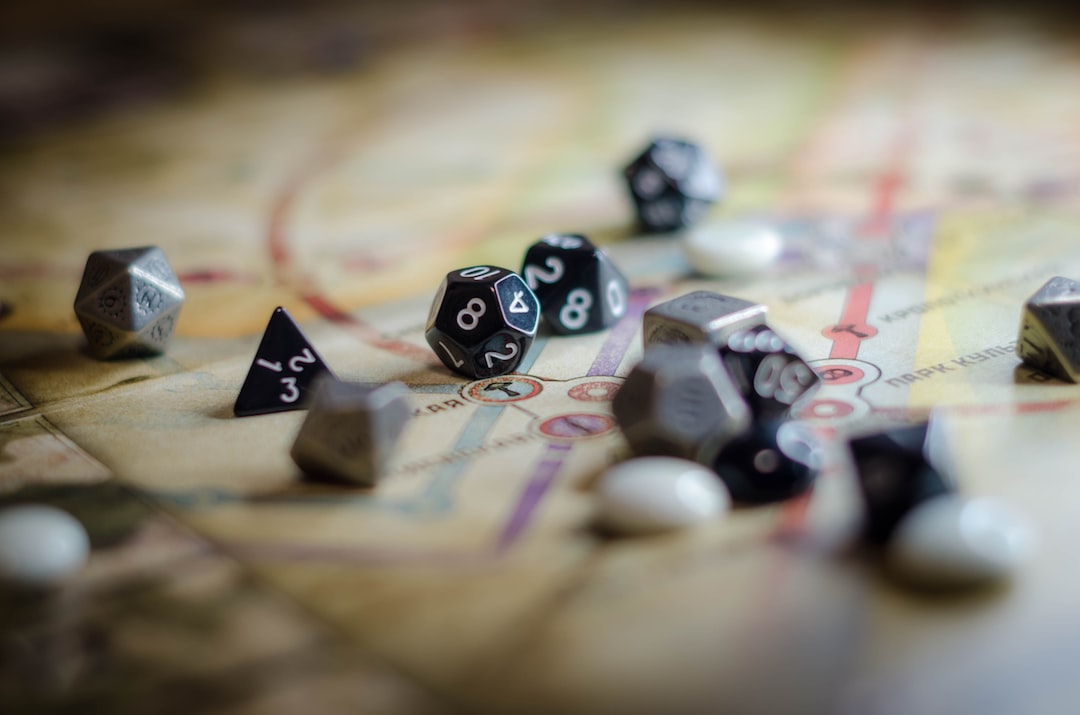The Psychology of Competitive Gaming: What Drives Players to Win
In recent years, competitive gaming has experienced a rapid rise in popularity. Millions of players around the world now engage in online battles and tournaments, striving to be the best in their respective games. However, have you ever wondered what drives these players to win? What fuels their desire to come out on top? Let’s delve into the psychology behind competitive gaming and explore the motivations that push players to excel.
One of the main driving forces behind competitive gaming is the desire for mastery. For many players, the journey towards becoming the best is the ultimate goal. They spend countless hours honing their skills, studying strategies, and analyzing gameplay to achieve perfection. The satisfaction derived from seeing their hard work pay off is incredibly rewarding. Moreover, the ability to showcase their abilities and knowledge in a competitive setting gives these players a sense of validation and accomplishment.
Next, the element of competition itself is a significant motivator. Humans are inherently competitive creatures, and competitive gaming provides an outlet to satisfy this need for rivalry and conquest. The adrenaline rush that comes with facing off against skilled opponents creates an addictive experience. The thrill of victory and the disappointment of defeat create a rollercoaster of emotions, driving players to strive for success and overcome challenges.
Another significant factor is the social aspect of competitive gaming. Gaming communities have flourished around popular games, and players find a sense of belonging within these communities. The camaraderie and shared experiences with like-minded individuals create a support system and enhance the overall gaming experience. While winning is essential, the bonds formed through team play or online interactions play a crucial role in driving players to keep pushing forward.
Gaming also offers players an escape from reality, allowing them to assume different roles and identities in virtual worlds. For some, the competitive aspect becomes a way to overcome personal challenges or insecurities. By excelling in the gaming arena, players gain a sense of control and empowerment, bolstering their self-confidence. The ability to separate themselves from real-life problems and immerse themselves in the virtual realm can be a powerful motivator to succeed.
Interestingly, many competitive gamers are driven by a fear of failure. The fear of losing or not meeting their own expectations can be a powerful motivator. This fear often pushes players to work harder, analyze their mistakes, and adapt their strategies to stay ahead of the competition. The pressure to perform at a high level is seen as a challenge to be conquered, rather than a deterrent, as players strive to prove themselves and overcome any perceived weaknesses.
Lastly, the potential rewards associated with winning in competitive gaming cannot be overlooked. Esports tournaments now offer substantial cash prizes and lucrative sponsorship deals. The allure of fame and fortune entices players to dedicate more time and energy towards their craft. Many players view competitive gaming as a pathway to financial stability or even a full-fledged career, which amplifies their motivation to succeed.
In conclusion, the psychology behind competitive gaming is multifaceted and driven by various factors. From the desire for mastery and the thrill of competition to the sense of belonging and escapism, these motivations intertwine to push players to achieve greatness. While each player’s motivation may differ, the shared drive to win fuels the ever-growing world of competitive gaming.

